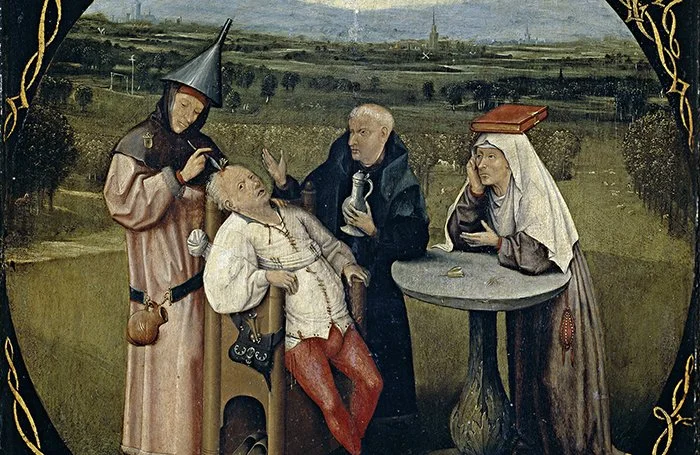Rules Are for Fools: Psychedelic Exceptionalism and the Growing Costs of Psychedelic Therapy
Over the past forty years, a core group of psychedelic advocates has made concerted efforts to mainstream psychedelics through the process of “turning psychedelics into medicine.” In pursuit of this goal of psychedelic medicalisation, its advocates have used a public relations strategy involving the promotion of “psychedelic science” as a discipline that explores the treatment of “treatment resistant conditions” as well as the resolution of international conflicts, climate change, and other existential crises. The strategy of medicalisation frequently involves doing “science by press release,” a tactic which emphasises eye-catching headlines and minimises engagement with deeper methodological or epistemological questions about the research at hand.
In more recent years, media outlets have gotten on board with psychedelic mainstreaming and have repeatedly hyped the "miracle cure" narrative of psychedelics, while consistently ignoring glaring problems with the underlying research. At the same time, as some researchers have begun to debate the degree to which psychedelic medicines have been overhyped, some of the leading psychedelic researchers openly brag about misleading regulators, erase clinical trial participants' experiences from the scientific record, and otherwise engage in a bevy of unethical clinical and research practices. The costs of these actions are largely borne outside of the media's glowing spotlight.
People harmed by psychedelic interventions are often discarded by the very practitioners entrusted with their well-being, misled by psychedelic institutions, gaslit and ostracised in community spaces, and left trying to piece themselves together as the medicalisation train races onwards. This talk will pose substantive questions that require urgent engagement if psychedelic communities wish to move beyond ethics washing and meaningfully address the harms of psychedelic medicalisation.


